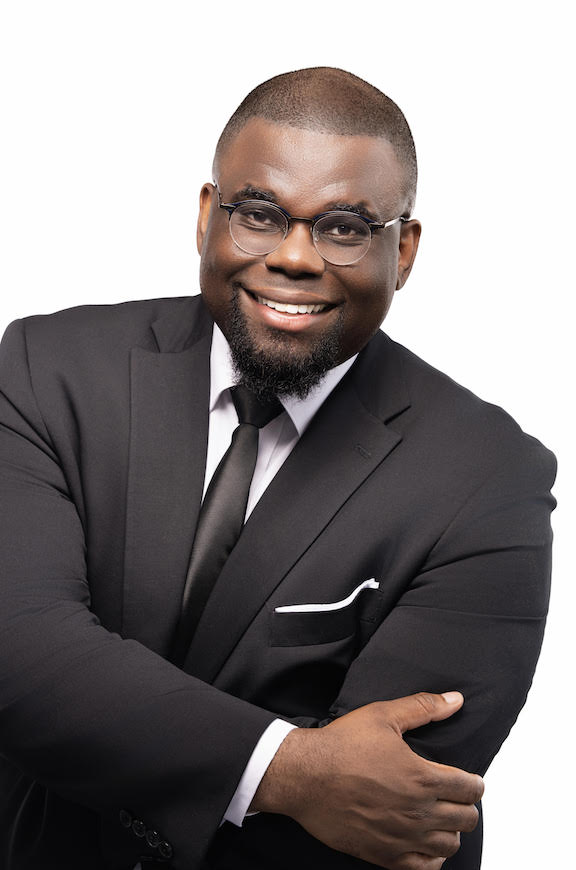Florida Christian group files lawsuit against Massachusetts library
Published 2:35 pm Monday, August 3, 2015

- Florida Christian group files lawsuit against Massachusetts library
LAWRENCE, Mass. — A Florida-based Christian nonprofit has filed a federal lawsuit against a northeastern Massachusetts city alleging that its public library’s meeting room policy is unconstitutional.
The lawsuit stems from the organization’s claim that it was twice denied the use of meeting spaces at the library under a section of that policy. In response to that claim, however, the city said the library had granted the group use of a meeting room in one of those instances.
Liberty Counsel Inc., as noted on its website, identifies itself as an education, advocacy and legal defense organization that advances religious freedom and family values from a Christian perspective.
Under the name Freedom Foundation, Liberty Counsel attempted to reserve a meeting room at the Lawrence Public Library twice – once in 2013 and again earlier this year – for an “educational and civic program on the founding and founders of America from a Christian perspective.”
Court documents obtained by The North Andover (Massachusetts) Eagle-Tribune allege that the library director, Maureen Nimmo, denied Liberty Counsel use of a meeting room at the library on both occasions based on the library’s meeting room policy.
That policy, the lawsuit alleges, violates several clauses of the First and 14th Amendments of the U.S. Constitution, as well as sections of the Massachusetts Constitution.
However, Nimmo and Raquel Ruano, the first assistant attorney for the city, said that the library had granted Liberty Counsel use of a meeting room in 2015.
“All I can say is it’s out of the clear blue sky,” Nimmo said. “I don’t know why this lawsuit is here.”
The lawsuit was filed in June of this year. A judge last week granted the city an extension until Sept. 3 to further investigate the lawsuit’s claims, Ruano said.
A judge also granted an injunction preventing the library from enforcing its meeting room policy, a move requested by Liberty Counsel and supported by the city, Ruano said.
The plaintiff
Liberty Counsel is a registered 501(c)(3) nonprofit that serves primarily as a public interest law firm, as well as an education and policy organization, according to Mathew “Mat” Staver, the organization’s founder and chairman.
Headquartered in Maitland, Fla., Liberty Counsel has offices in California, Florida, Virginia and Washington, D.C., and is represented by a number of affiliated attorneys who handle litigation throughout the country.
Employees, volunteers and those affiliated with the organization often teach programs or seminars on topics ranging from cultural issues to church-state matters to the role of religion and Christianity in U.S. government, according to court documents.
In July 2013, Liberty Counsel submitted an application to use a Lawrence, Massachusetts Public Library meeting room from 6 to 8 p.m. on Aug. 28, to present an “educational and civic program that promotes a Christian view of the founding of America,” according to the lawsuit. The program was set to include prayer, singing of foundational-era hymns, and a presentation from a Christian viewpoint encouraging the nation’s return to Christian values and ideals, court documents showed.
The lawsuit alleges that the same day Liberty Counsel President Anita Staver filed the application, Nimmo contacted her and said the nonprofit could not hold its program in the library meeting rooms. Nimmo told Staver that while political and religious groups could use library meeting rooms for administrative purposes, they could not hold meetings that supported a particular viewpoint, according to court documents.
In January 2015, Liberty Counsel again submitted an application to hold its program in a Lawrence Public Library meeting room. The nonprofit was again denied for the same reasons, according to the lawsuit.
“The library turned down the request to use the facility because of its policy that ultimately excludes religious viewpoints or content,” Staver said. “As a result of that, we ended up filing the lawsuit, because it’s a clear violation of the First Amendment right to freedom of speech.”
Through the lawsuit, Staver said Liberty Counsel is seeking to have the library’s policy repealed or ruled unconstitutional. It’s also seeking an award of nominal damages.
The nonprofit said in the lawsuit that the library’s policy and the application of it violated the organization’s rights under the free speech, free exercise of religion and establishment clauses of the First Amendment. The lawsuit also claims the library violated the equal protection clause under the 14th Amendment by treating Liberty Counsel “differently from other similarly situated groups” on the basis of its “purpose and nature and the religious content and viewpoint” of its message.
The lawsuit further alleges that the library’s policy and application of it violated Liberty Counsel’s right to free speech and equal protection under the state constitution.
Staver called the library’s policy “egregious.”
“It specifically says you cannot influence people to a particular belief or point of view. I don’t know how you can speak without having a particular point of view,” Staver said.
He added, “It’s one thing to restrict content or subject matter, but it’s another thing to restrict it so you can only have one view on it. It’s like politics, speaking about Democrats and not Republicans, or Republicans but not Democrats.”
Library policy
The Lawrence Public Library has two regular meeting spaces, a first-floor auditorium for larger events and the smaller Robert Frost Room on the third floor that accommodates about 20 to 30 people, Nimmo said.
Under the policy, community groups with a nonprofit, civic, cultural or educational focus can use the library’s meeting rooms for group meetings. However, private social events, or meetings of organizations soliciting business or monetary contributions, are not allowed in the meeting rooms.
The part of the policy under question in the lawsuit is the following: “Political and religious groups may use the library’s meeting rooms for administrative purposes, but shall not be allowed use for the sake of proselytizing, campaigning or otherwise influencing people to a particular belief or point of view.”
Nimmo said that while she doesn’t have a problem with religious or political groups using library meeting rooms, “we cannot have people proselytizing or campaigning in the building. It’s an imposition on the people using the building.”
The library has removed the meeting room policy from its website and those interested in reserving meeting space should call the library directly, Ruano said.
“From this point, we’re just trying to figure out whether we’re going to proceed with the lawsuit, whether it’s something we’re going to litigate or settle,” she said.
Kashinsky writes for the North Andover (Massachusetts) Eagle-Tribune.





